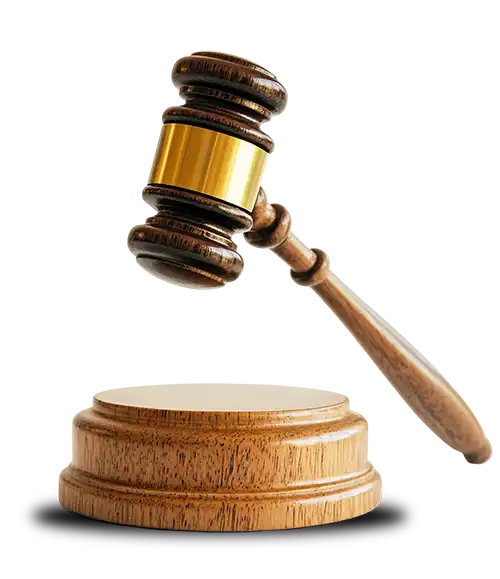What Inappropriate Behavior Can Look Like
As massages involve physical touch, it can sometimes be difficult for clients to distinguish between legitimate techniques and misconduct. Survivors often describe moments of confusion, unease, or fear during a session—signals that something was wrong.
Examples of inappropriate or abusive behavior may include:
- Touching breasts, genitals, or other intimate areas without consent
- Making sexual noises, comments, or gestures during the massage
- Pressuring the client to remove clothing without justification
- Rubbing against the client’s body in a sexual way
- Forcing sexual contact or intercourse
These actions are never part of professional massage therapy. Abuse in spa and massage facilities affects people of all genders, though women are disproportionately impacted.
Does the Type of Massage Matter?
Massage facilities often offer services such as Swedish massage, deep tissue therapy, reflexology, hot stone massage, Thai massage, and shiatsu. While some styles may require more physical pressure or body contact, no form of massage should ever involve sexual misconduct.
Whether the treatment is intended for relaxation, athletic recovery, or pain relief, the therapist is required to maintain professional boundaries and respect the client’s consent at all times.
















